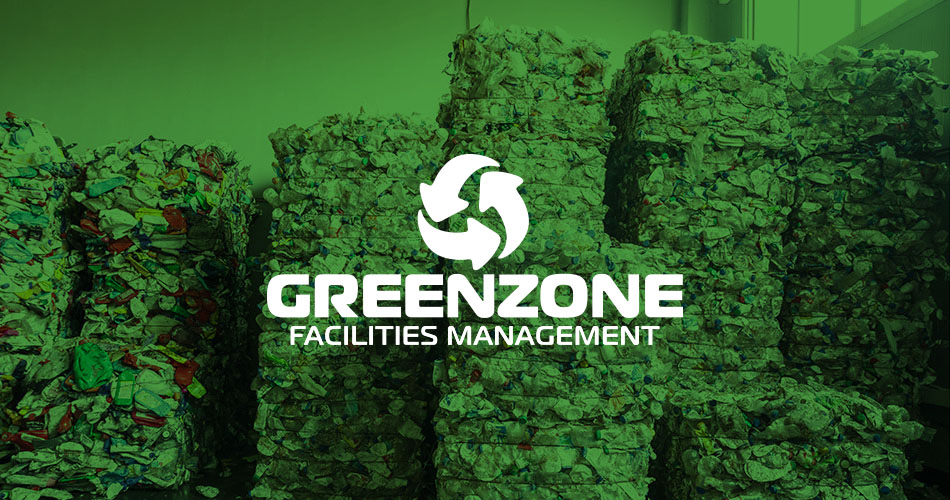Textiles 2030 has already secured commitment from numerous brands and retailers, re-use/recycling organisations and affiliates.
The first major high-street names to join Textiles 2030 include Dunelm, John Lewis, M&S, Next, Primark, Sainsbury’s, Ted Baker, Tesco and The Salvation Army. Gymshark, ASDA, asos and Boohoo have also joined.
Over the next decade, the voluntary agreement will set out to slash the impact that UK clothing and home fabrics have on the environment through practical interventions along the entire textiles chain.
The Textiles 2030 Roadmap will set out the water and carbon reduction targets, and the key milestones and activities to introduce circularity at scale. These goals will set out to transform the UK’s make-use-dispose fashion culture into one where products are made sustainably, used longer and then re-used or recycled.
The Target-Measure-Act approach will be used so that textiles businesses set tough targets, measure impact and track progress on both an individual business basis, and towards national targets and public reporting.
Textiles 2030 environmental targets are:
Cut carbon by 50%, sufficient to put the UK textiles sector on a path consistent with limiting global warming to 1.5°C, in line with the Paris Agreement on climate change and achieving Net Zero by 2050 at the latest. Reduce the aggregate water footprint of new products sold by 30%.
Marcus Gover, CEO of WRAP: “The UK Parliament has investigated the textiles sector twice in recent years and is now looking at UK fashion companies to act. Our research shows that consumers want sustainable clothes not disposable fashion. Textiles 2030 is about transforming textiles and creating a fashion sector fit for the future.
“We need fast, effective action from businesses more than ever. Brand and retail signatories must show their commitment by signing up to Textiles 2030. Businesses who fail to engage will be noticeable by their absence. If your business is not already involved in Textiles 2030, now is the time to sign up.”
Minister Rebecca Pow, Environment Minister, Department of Environment, Food and Rural Affairs: “It is time for businesses across the textiles sector to join Textiles 2030 and play their part at this critical time for the planet.
“Through Textiles 2030 we invite your commitment to work with WRAP, like-minded businesses and other partners towards a thriving, sustainable, circular UK textiles sector. I would like to see every CEO involved in this initiative.”
Textiles 2030
The agreement builds on the foundation of the SCAP 2020 voluntary agreement (Sustainable Clothing Action Plan) which saw businesses respond to growing public demand for fashion with a softer environmental footprint, by adopting robust measurement and targeted action.
The UK’s Textiles 2030 is the first national agreement in what will become a global network of new initiatives to reduce the environmental impact of clothing around the world, led by WRAP.
This new wave will be coordinated under the Textiles Action Network which is being developed by WRAP and supported by the Laudes Foundation. The project will deliver the first ever readymade plan to achieve global circular economy targets on clothing by co-ordinated national action. These plans can be used by individual nations and tailored to suit their circumstances, whilst still directing action towards global targets.
WRAP, in partnership with the World Resources Institute (WRI), will develop a set of globally relevant targets and will launch the second commitment, in Denmark, in summer 2021.
Orginal Source

